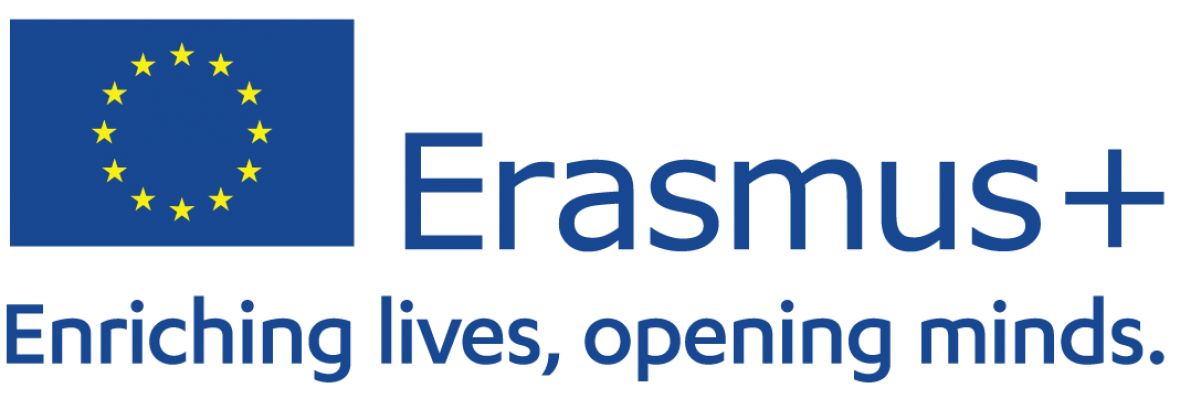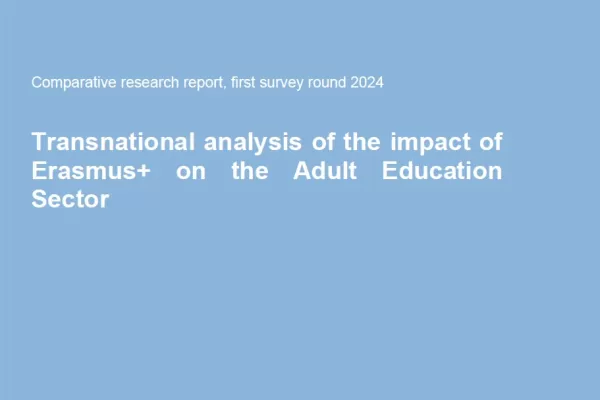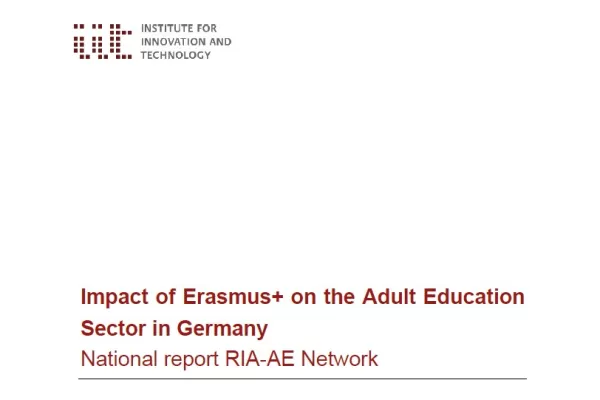Resume
The study gives the reader an insight into the complex and heterogeneous adult education system in Slovenia, and offers a reflection on the conceptualisation of the professional development of adult educators. The participation in the EU programme may contribute significantly to strengthening of the system of advanced training and up-skilling. Participation in projects or participation in mobility strengthens the professional development of educational staff, as in this way, they acquire new expertise and practical skills, as well as social, linguistic, (inter)cultural, IC, organisational and managerial competencies, which are relevant for their professional work. Consequently, the quality of the organisation (in our case, the adult education centre) also strengthens, which has a favourable impact both on the professional development of the staff in the organisation, as well as wider in the local and regional environment, although, unfortunately, it does not reach all staff in the organisation to the same extent. Due to the large number of outsourcers at people’s universities, the effects of the EU programme primarily reach regular employees of the organisation. One of the essential components at this point is also the orientation of the organisation to work in the international field, and the determination to transfer the newly acquired knowledge and experience to its regular operation. This is a vision of the functioning of an organisation that does not perceive international engagement as an additional activity, but as a way of working.
Conclusions
- The participation in the EU programme may contribute significantly to strengthening of the system of advanced training and up-skilling.
- Because of the participation, the quality of the organisation also strengthens, which has a favourable impact both on the professional development of the staff in the organisation, as well as wider in the local and regional environment.
- One of the key elements in this is also the orientation of the organisation to work in the international field, and the determination to transfer the newly acquired knowledge and experience to its regular operation.
Recommendations
- For a more comprehensive picture of the impact of the EU programme on the professional development of adult educators, it would be necessary to have the results that would cover a larger number of studied adult education centres operating in different regional settings, as well as different types of institutions that work in the field of adult education, and significantly complement offer in adult education.
Download the report
- Professional development of adult educators.pdf 1MB / pdf Download
More information?
Looking for more information about this project? Get in touch: info@cmepius.si.




